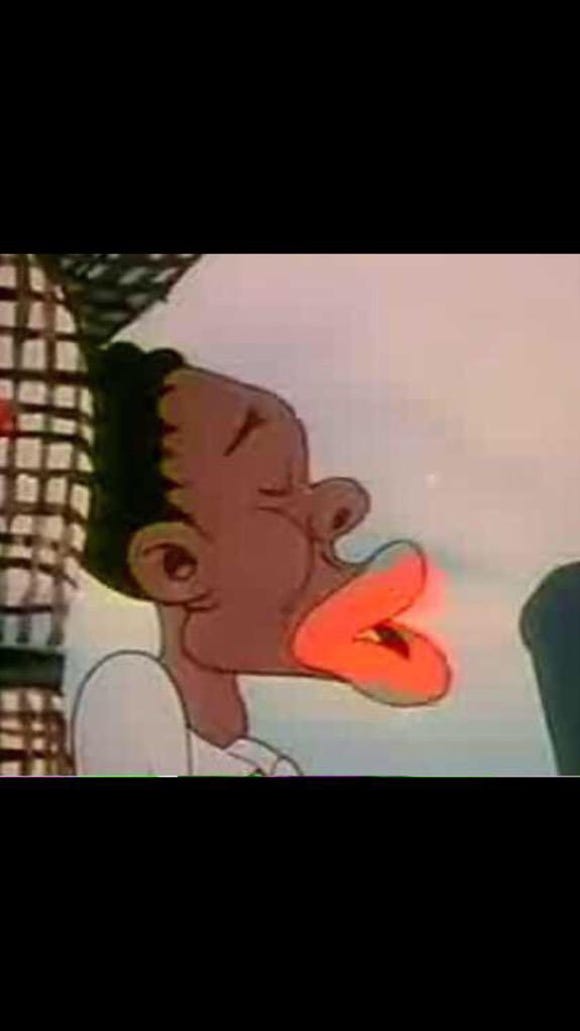Exploring the impact of racist jokes on Black people is a complex and sensitive topic that warrants careful consideration. Such jokes, often cloaked in humor, can perpetuate harmful stereotypes and contribute to systemic racism. They not only affect individuals on a personal level but also influence societal perceptions and interactions. Understanding their implications is crucial for fostering inclusivity and respect in our communities.
This analysis delves into various perspectives surrounding racist jokes, drawing from diverse sources to provide a comprehensive view. By examining instances where such jokes have been made, their underlying meanings, and the reactions they provoke, we aim to shed light on why these seemingly light-hearted comments carry significant weight. Through this exploration, we hope to encourage thoughtful dialogue about race and humor.
Racist jokes, though often dismissed as harmless banter, carry profound implications for Black people. These jokes frequently rely on negative stereotypes that reinforce prejudiced views within society. For instance, consider the tale of a black optometrist who humorously named his daughters after eye drops—a jest rooted in racial stereotyping. Similarly, jokes about physical traits like height may seem innocuous but subtly propagate discriminatory attitudes.
Impact of Racial Humor on Perception
The normalization of racially charged humor affects how Black individuals are perceived by others. When public figures make such remarks, it amplifies their reach and influence. Take, for example, Stephen Moore's public housing joke involving the Obamas; despite claims of non-racism due to similar statements by Black individuals, its impact remains contentious. Such instances highlight the blurred lines between satire and genuine prejudice.
Moreover, these jokes contribute to an environment where microaggressions thrive unnoticed. Subtle insults disguised as humor gradually erode self-esteem and create barriers in interracial communication. People of color often find themselves questioning whether their feelings are valid when faced with such situations, leading to internal conflict and stress.
In addressing these issues, it becomes essential to recognize the power dynamics at play. Acknowledging the harm caused by such jokes encourages open discussions about race relations while promoting empathy among all parties involved. Education plays a pivotal role here—raising awareness about cultural sensitivities helps mitigate misunderstandings stemming from inappropriate humor.
Colorism Within Communities
Within the Black community itself, colorism presents another layer of complexity regarding racist jokes. Phrases like high yellow or blue-black, used both internally and externally, reflect ingrained biases based on skin tone. These terms, originating from historical contexts, continue to shape interpersonal relationships today.
Growing up amidst such terminology influences one's identity formation significantly. Children exposed to these labels early on might internalize them, affecting their self-image and interactions with peers. Consequently, combating colorism requires collective efforts aimed at dismantling outdated beliefs perpetuated through language and behavior.
Efforts should focus on fostering environments free from judgment based on appearance. Encouraging conversations around acceptance and celebrating diversity within the Black community aids in overcoming challenges posed by colorism. Promoting positive representations across media platforms further supports this cause by showcasing varied narratives representing different hues of Blackness.
Confronting Racism Among Loved Ones
Dealing with racism emanating from close acquaintances presents unique difficulties. Many hesitate to confront loved ones over offensive remarks fearing strained relationships. However, silence only perpetuates harmful patterns allowing them to persist unchallenged.
Stories shared by individuals reveal instances where family members or friends made derogatory comments without realizing their impact. Addressing these moments constructively involves educating offenders gently yet firmly about why certain words hurt. Open dialogues enable mutual understanding fostering healthier connections moving forward.
Ultimately, challenging racism starts with individual actions taken collectively towards creating inclusive spaces. Whether through correcting misconceptions during casual conversations or supporting initiatives advocating equality, everyone has a part to play. Recognizing the importance of speaking out against injustice empowers us to build stronger, more equitable societies together.
Removing Harmful Stereotypes Through Dialogue
Dave Chappelle’s insights underscore the difficulty Black comedians face balancing humor with sensitivity. His commentary on removing masks highlights intersections between racism and current events proving comedy can serve as a tool for social critique. Yet, ensuring messages resonate positively necessitates careful handling avoiding perpetuation of harmful stereotypes.
Beyond entertainment, comedians hold responsibility shaping public discourse responsibly. By leveraging platforms effectively, they challenge audiences to reconsider preconceived notions encouraging critical thinking. Success stories exemplify how thoughtfully crafted performances inspire meaningful change sparking necessary conversations.
As society evolves, so must approaches toward discussing race-related topics including humor. Embracing opportunities for growth through respectful exchanges strengthens communal bonds enhancing overall well-being. Continuous learning ensures progress continues building bridges rather than erecting walls separating communities.
Learning From Past Mistakes
Personal experiences recounted by individuals illustrate the lasting effects of past transgressions involving racist jokes. Reflecting upon youthful indiscretions serves as a reminder of accountability's importance regardless of intent. Even decades later, memories of laughing along with inappropriate humor evoke guilt prompting reflection and reform.
Reconciliation begins acknowledging wrongdoings openly accepting associated discomforts. This process fosters healing enabling personal development aligned with values promoting equality. Sharing lessons learned empowers others navigating similar journeys reinforcing commitment toward eliminating racism altogether.
Moving forward entails committing fully to anti-racist practices embracing lifelong education about cultural nuances impacting daily life. Together, we strive toward constructing harmonious worlds celebrating differences instead of marginalizing them through careless words masquerading as mere jokes.

